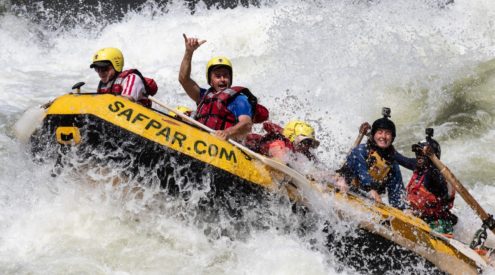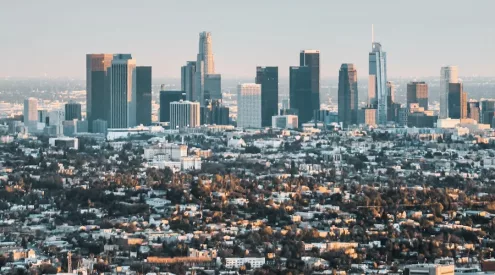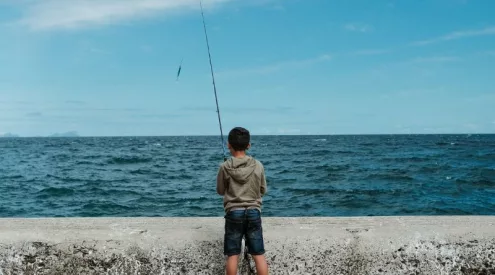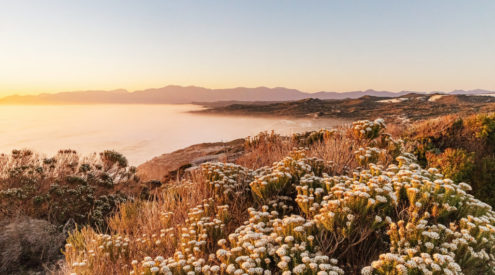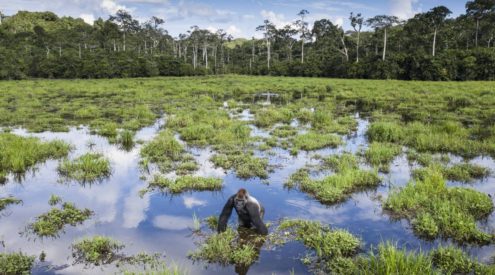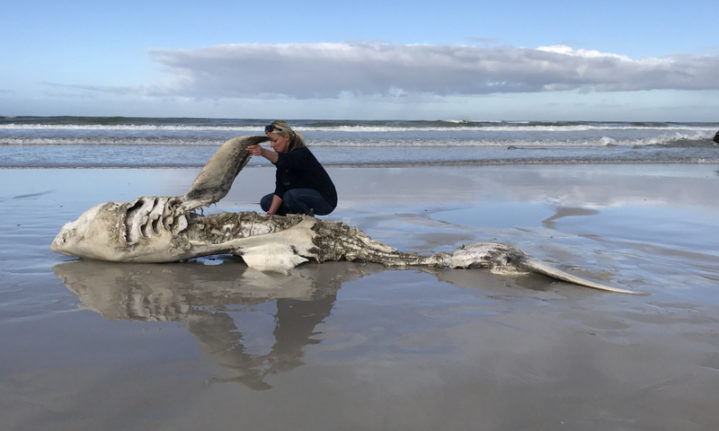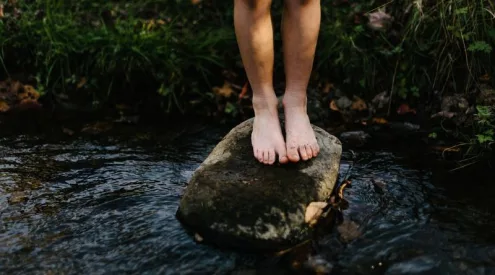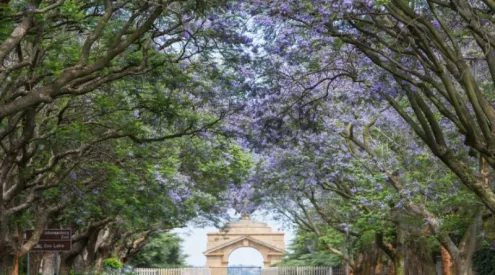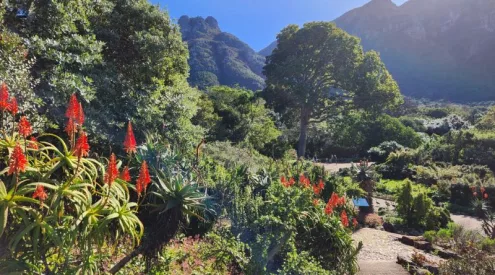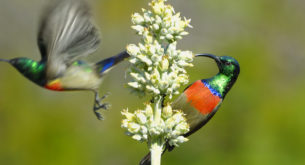It seems only appropriate that the day after a new study was published on the disappearance of the Cape’s great white sharks, the orcas announced themselves again in Cape Town’s waters.
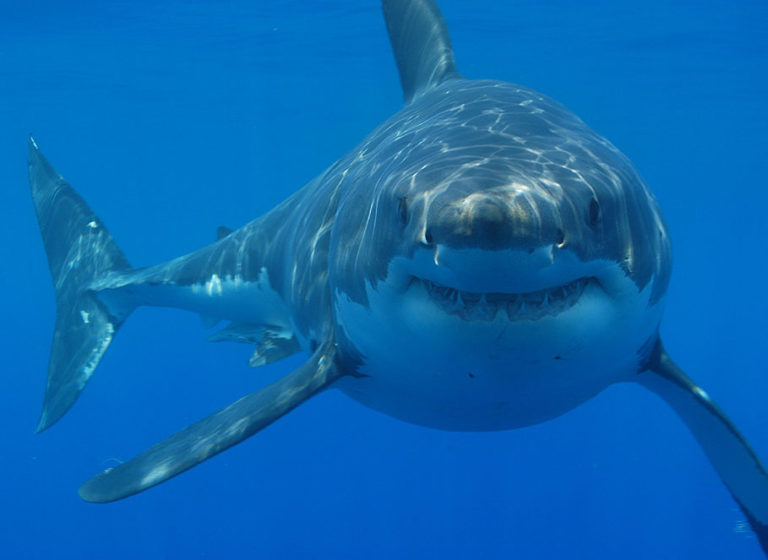
Picture: Getaway Gallery
On 30 June, the infamous Port and Starboard were spotted foraging in False Bay, but they were busy 10 days earlier in the Overberg, where a beached great white was reported near Gansbaai.
A day after Port and Starboard were spotted in False Bay, new findings on the ecosystem effect of orcas in South Africa’s waters were published in the African Journal of Marine Science.
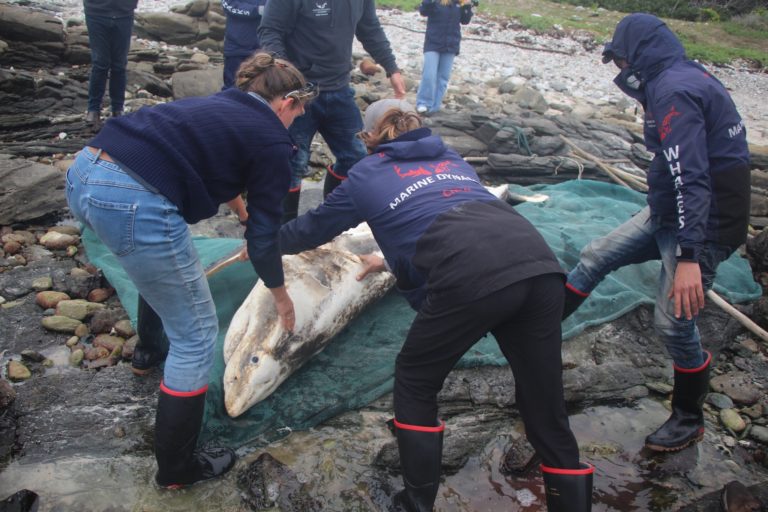
The Marine Dynamics Academy inspect great white that beached near Gansbaai on 20 June. Picture: Dyer Island Conservation Trust
The paper, titled ‘Fear at the top: killer whale predation drives white shark absence at South Africa’s largest aggregation site‘ was published on 1 July in the journal.
The study confirmed what many had assumed regarding the disappearance of South Africa’s great whites: that killer whales were in fact responsible for the flight of these apex predators.
Port and Starboard have been hunting great whites along South Africa’s shores since 2017, driving them away from their major aggregation sites such as Seal Island in False Bay and Shark Alley in Gansbaai.
These findings add to the argument that ‘sharks use their “flight” sense of fear to trigger a rapid, long-term emigration en masse when their marine predator is nearby’, according to the Dyer Conservation Trust.

The orca pair of Port and Starboard are thought to be responsible for the disappearance of the Cape’s great whites. Picture: Simons Town Boat Company
In the research, carried out over five years, 14 sharks were tracked fleeing areas when orcas were present, and visual sightings dropped dramatically.
‘Initially, following an orca attack in Gansbaai, individual great white sharks did not appear for weeks or months,’ said Alison Towner, lead author of the study. ‘What we seem to be witnessing though is a large-scale avoidance strategy, mirroring what we see used by wild dogs in the Serengeti in Tanzania, in response to increased lion presence. The more the orcas frequent these sites, the longer the great white sharks stay away.’
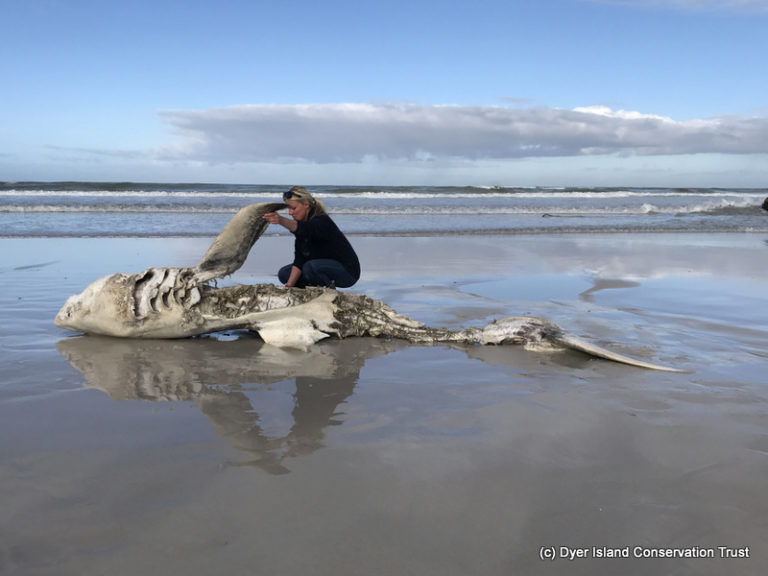
Alison Towner investigating a beached great white. Picture: Dyer Island Conservation Trust
This is changing the ecosystem, she adds, triggering ‘the emergence of a new mesopredator to the area, the bronze whaler shark – which is known to be eaten by the great white shark – and these bronze whalers are also being attacked by the orcas, which are indicating a level of experience and skill in hunting large sharks’.
READ: Orcas add another name to their hit list: blue whales
‘There is only so much pressure an ecosystem can take, and the impacts of orcas removing sharks are likely far wider-reaching,’ Towner adds when talking about the repercussions. ‘We know that great white sharks face their highest targeted mortality in the anti-shark bather protection nets in KwaZulu Natal; they simply cannot afford additional pressure now from orca predation.’
For more information, visit the Dyer Island Conservation Trust.
ALSO READ

